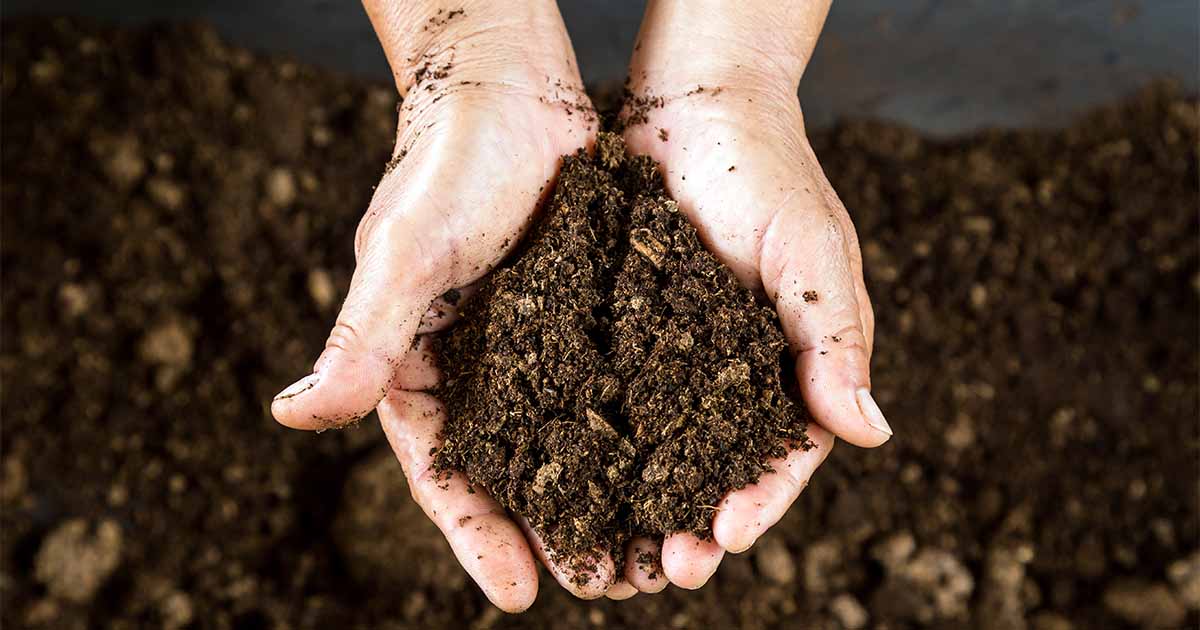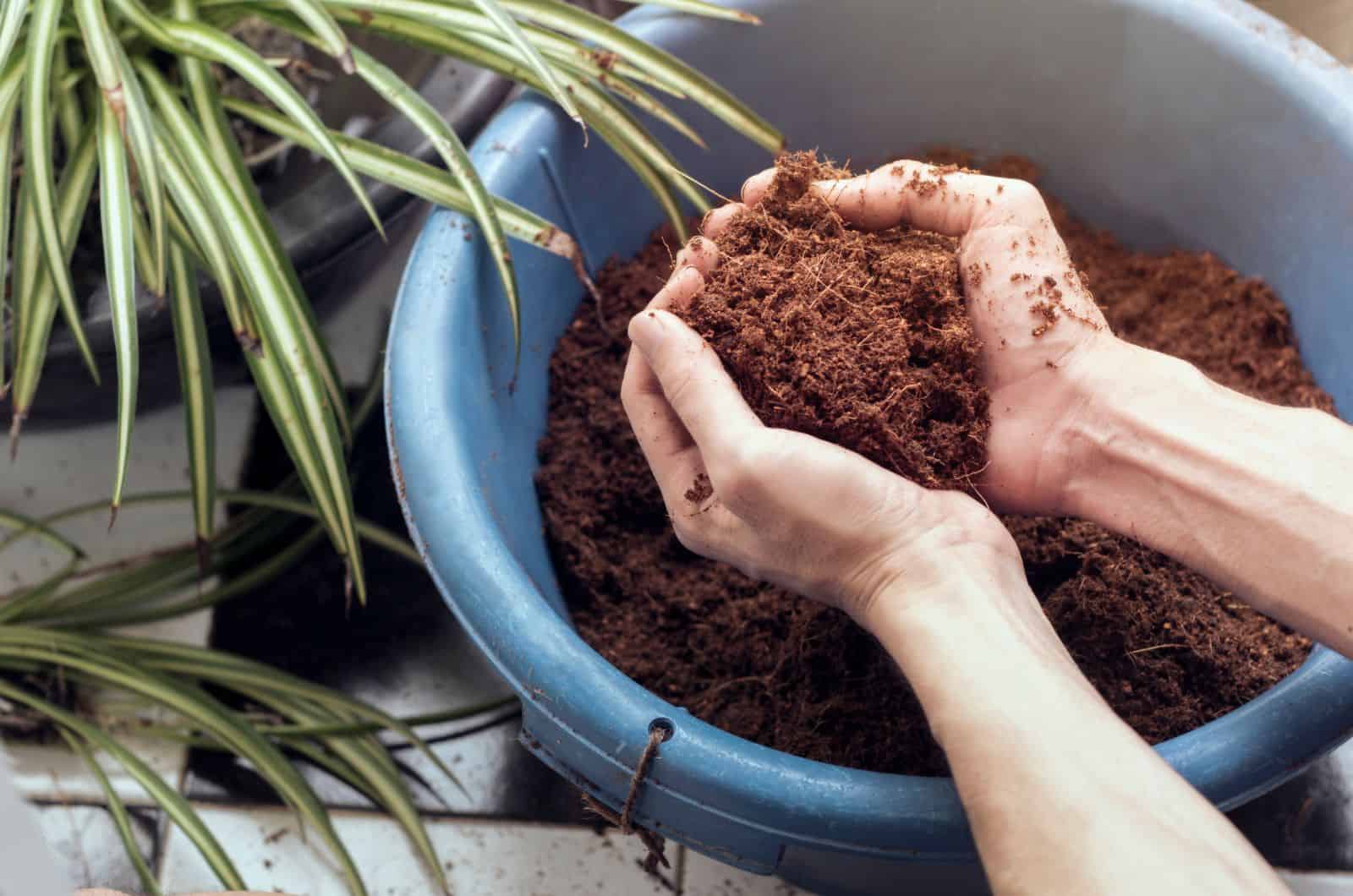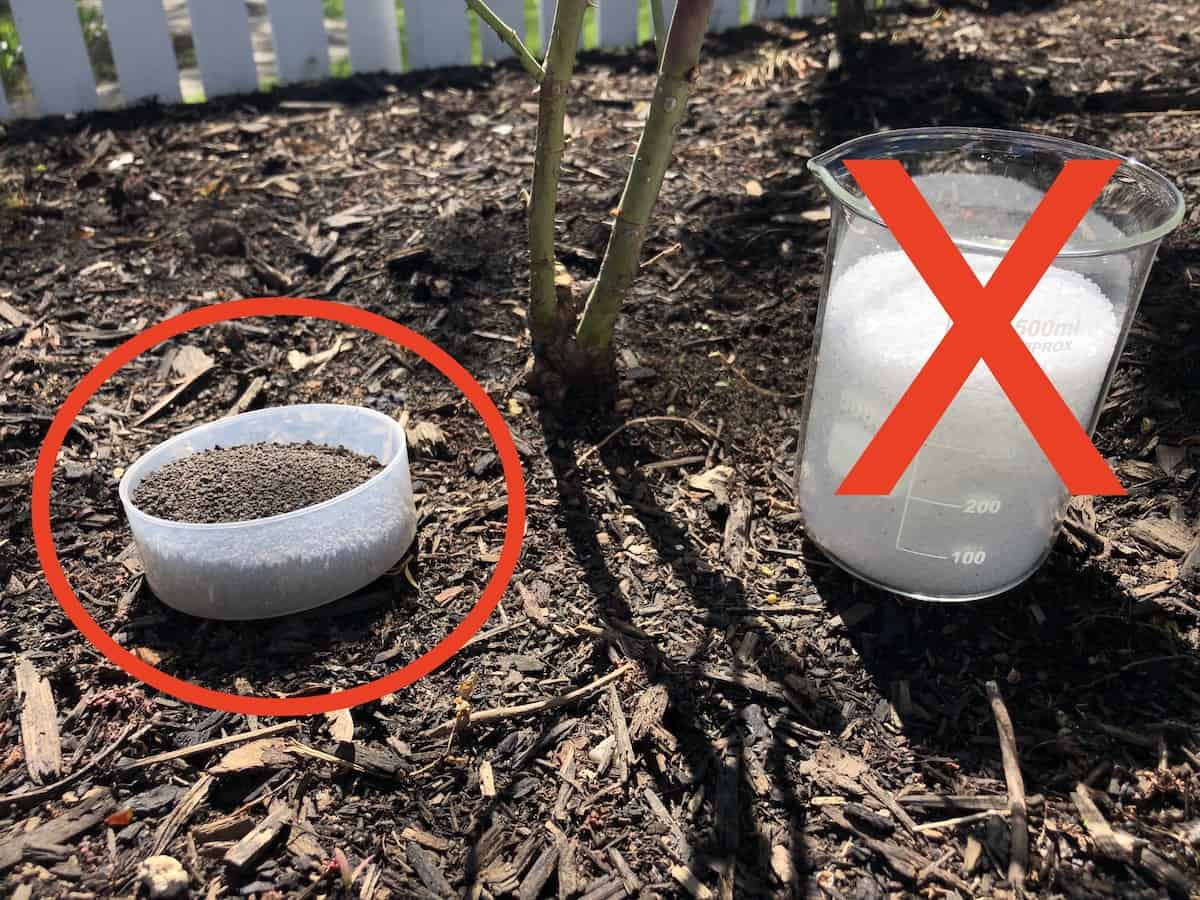Potting Soil Amendments That Will Make Your Plants Thrive
Introduction
Do you love plants, but you're not sure how to make them thrive? One of the best ways to improve your plant's health is to use the right potting soil. Potting soil amendments can help to improve drainage, aeration, moisture retention, and nutrient levels in your potting mix. This can lead to healthier, happier plants that will bloom more often and live longer.
In this blog post, we'll discuss the different types of potting soil amendments and how to use them. We'll also provide some tips on how to choose the right amendments for your plants.
Types of Potting Soil Amendments
There are many different types of potting soil amendments available. Some of the most common include:
- Perlite: Perlite is a lightweight, porous mineral that helps to improve drainage and aeration in potting mix. It is also inert, meaning that it does not break down over time and release nutrients into the soil.
- Vermiculite: Vermiculite is another lightweight, porous mineral that helps to improve drainage and aeration in potting mix. It also retains moisture, which can help to keep your plants' roots from drying out.
- Peat moss: Peat moss is a natural organic material that helps to retain moisture and improve drainage in potting mix. It also adds some nutrients to the soil, but it can be acidic, so it is not suitable for all plants.
- Coco coir: Coco coir is a natural fiber that is made from coconut husks. It is a good alternative to peat moss, as it is more sustainable and less acidic.
- Wood chips: Wood chips are a good way to improve drainage and aeration in potting mix. They also add some nutrients to the soil, and they can help to suppress weeds.
- Compost: Compost is a great way to improve the overall health of your potting mix. It adds nutrients, improves drainage, and aeration, and it also helps to suppress pests and diseases.
How to Use Potting Soil Amendments
The amount of potting soil amendment you need to use will depend on the type of amendment you are using and the type of plants you are growing. In general, you will want to use a small amount of amendment at first, and then add more as needed.
To use potting soil amendments, simply mix them into your potting mix before you plant your seeds or seedlings. You can also add amendments to existing potted plants by mixing them into the top layer of soil.
Tips for Choosing Potting Soil Amendments
When choosing potting soil amendments, there are a few things you should keep in mind:
- The type of plants you are growing: Some plants prefer a more sandy potting mix, while others prefer a more clayey potting mix. Choose amendments that will help to create the right type of potting mix for your plants.
- The drainage of your potting mix: If your potting mix is already well-draining, you may not need to add any amendments. However, if your potting mix is poorly draining, you will need to add some amendments to improve drainage.
- The acidity of your potting mix: Some plants prefer an acidic potting mix, while others prefer a neutral or alkaline potting mix. Choose amendments that will help to adjust the acidity of your potting mix to the level that is preferred by your plants.
Conclusion
Potting soil amendments can be a great way to improve the health and growth of your plants. By choosing the right amendments for your plants and using them correctly, you can help your plants to thrive.
Are you looking for more information about potting soil amendments? Visit Home Gardening for a comprehensive guide on the different types of amendments available, how to use them, and which ones are best for your plants.
FAQ of potting soil amendments
- What are potting soil amendments?
Potting soil amendments are materials that are added to potting soil to improve its drainage, aeration, moisture retention, or nutrient content. They can be organic or inorganic, and they come in a variety of forms, such as powders, granules, or chunks.
- What are the benefits of using potting soil amendments?
There are many benefits to using potting soil amendments. They can help to:
* Improve drainage and aeration, which can help to prevent root rot and other problems.
* Retain moisture, which can help to keep plants healthy during dry periods.
* Provide nutrients, which can help plants to grow strong and healthy.
* Improve the overall quality of potting soil, making it more suitable for growing a variety of plants.
- What are some common potting soil amendments?
Some common potting soil amendments include:
* Perlite: A lightweight, porous material that helps to improve drainage and aeration.
* Vermiculite: A mineral that helps to retain moisture and nutrients.
* Peat moss: A natural material that helps to retain moisture and nutrients.
* Coco coir: A sustainable material that helps to retain moisture and nutrients.
* Worm castings: A natural fertilizer that helps to improve soil quality.
* Bone meal: A natural fertilizer that helps to provide phosphorus.
* Blood meal: A natural fertilizer that helps to provide nitrogen.
- How do I choose the right potting soil amendments for my plants?
The right potting soil amendments for your plants will depend on the specific needs of your plants. Some factors to consider include the type of plants you are growing, the size of the pots you are using, and the climate you live in.
- How do I add potting soil amendments to my potting soil?
To add potting soil amendments to your potting soil, simply mix them in thoroughly. The amount of amendment you need will vary depending on the type of amendment you are using and the needs of your plants.
- How often do I need to add potting soil amendments?
The frequency with which you need to add potting soil amendments will depend on the type of amendment you are using and the needs of your plants. Some amendments, such as perlite and vermiculite, can last for several years. Others, such as worm castings and bone meal, will need to be added more frequently.
Image of potting soil amendments
- Composted manure: This is a great all-purpose amendment that adds nutrients, improves drainage, and helps to retain moisture.

- Vermiculite: This is a lightweight, porous material that helps to improve drainage and aeration.
- Perlite: This is another lightweight, porous material that helps to improve drainage and aeration.

- Peat moss: This is a water-retentive material that helps to keep potting soil moist.

- Sand: This is a gritty material that helps to improve drainage and aeration.

- Wood chips: These add organic matter and help to improve drainage.

- Shredded bark: This adds organic matter and helps to improve drainage.
- Coconut coir: This is a sustainable alternative to peat moss that helps to retain moisture.

- Limestone: This helps to adjust the pH of potting soil.

- Epsom salts: This provides magnesium and sulfur to plants.

Post a Comment for " Potting Soil Amendments That Will Make Your Plants Thrive"